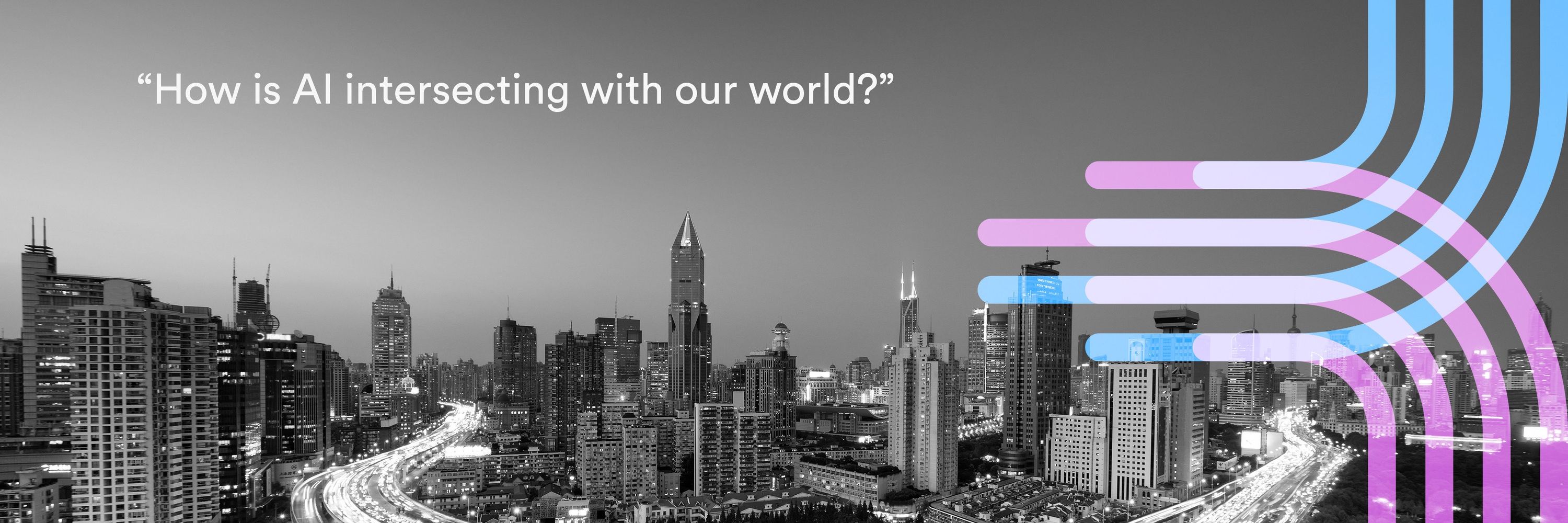Stanford HAI
@stanfordhai.bsky.social
2.5K followers
110 following
160 posts
The official account of the Stanford Institute for Human-Centered AI, advancing AI research, education, policy, and practice to improve the human condition.
Posts
Media
Videos
Starter Packs
Pinned
Reposted by Stanford HAI
Stanford HAI
@stanfordhai.bsky.social
· Sep 8

Three reasons why universities are crucial for understanding AI
There is a “fierce urgency” to understand how artificial intelligence works, says Stanford physicist Surya Ganguli, who is leading a project to bring the inner workings of AI to light through transpar...
news.stanford.edu
Stanford HAI
@stanfordhai.bsky.social
· Aug 26

Canaries in the Coal Mine? Six Facts about the Recent Employment Effects of Artificial Intelligence
This paper examines changes in the labor market for occupations exposed to generative artificial intelligence using high-frequency administrative data from ADP, the largest payroll software provider i...
digitaleconomy.stanford.edu
























